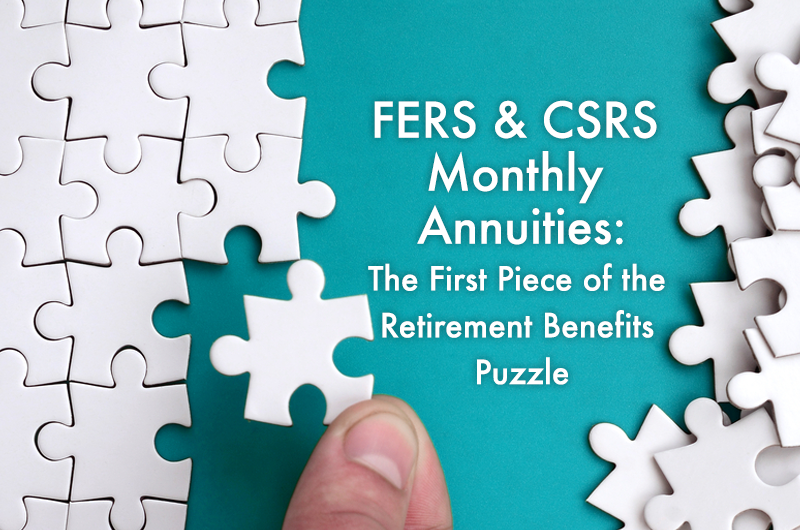- Joined
- Oct 6, 2022
- Messages
- 2,652
- Reaction score
- 907
- Location
- SoCal
- Gender
- Male
- Political Leaning
- Libertarian
What people need to understand about SS is that it is NOT your money once it is taken out of your paycheck and sent to the SS administration. And the reason it is NOT your money is proven by the fact that you could pay into the fund from age 16 to age 65. Retire at 65, and then drop dead a day later, and then all of that money which you would have expected to be paid to you for the rest of your life had you lived to 110; that money DOES NOT go to your estate or to your family. Reason: it is not your money once they take it, it belongs to the "SS trust fund" and not you. So, unlike a personal retirement fund, which IS your money, and remains in your estate after you die, the government has coerced you into giving your hard earned dollars to fund this poorly managed socialism scheme.
Social security does not benefit anyone who is personally responsible and capable of planning and funding their own retirment. SS is just another example of the government meddling in the lives and personal economics of individuals; a means to convince citizens that they need the government to manage their lives.
Social security does not benefit anyone who is personally responsible and capable of planning and funding their own retirment. SS is just another example of the government meddling in the lives and personal economics of individuals; a means to convince citizens that they need the government to manage their lives.



